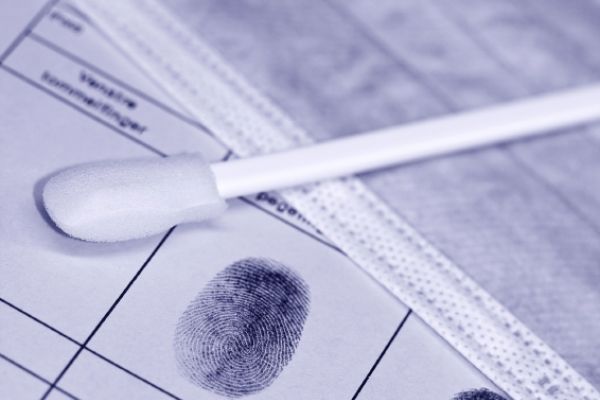The forensic use of bioinformation: ethical issues
Report
Published 19/09/2007

It is the Government’s duty to protect the public from crime. However, the Government also needs to protect certain ethical values, such as liberty, autonomy, privacy, informed consent and equality. Sometimes these obligations conflict and a balance must be struck.
The Council broadly endorses a rights-based approach, recognising the importance to human beings of respect for their individual liberty, autonomy and privacy, but also the need, in appropriate circumstances, to restrict these rights either in the general public interest or to protect the rights of others.
Civil liberties and human rights
In recent years there has been a growing body of equality and human rights legislation, including the Human Rights Act 1998. This means that some human rights are now legally enforceable and must be protected.For example:
- The right to respect for private and family life can only be interfered with for certain reasons, for example to prevent crime and protect of the rights and freedoms of others.
- The right to a fair trial, together with the right to ‘fair’ treatment, embraces the principle that the prosecution must prove the guilt of the defendant beyond reasonable doubt.
The principle of ‘proportionality’ is at the heart of the recommendations in the report. This means that any interference with legally enforceable human rights must be justified as being proportionate to the need to detect and prosecute offenders, and there must be evidence that the interference will be effective.
The ‘no reason to fear if you are innocent’ argument
The argument is sometimes put forward that innocent people have nothing to fear from being on the National DNA Database. However, this argument ignores several points:
- If your DNA is on the Database, there is a chance you will be identified as a match or partial match to DNA found at a crime scene even if you are innocent. You may have been at the crime scene at an earlier date, or have a similar profile to the real criminal. This does not mean you will be charged, but being involved in a criminal investigation, and being tainted with suspicion, can be personally distressing.
- The Database was originally intended to represent the criminal community and so people may feel that being on the Database implies that they are a criminal.
- Sensitive genetic information can be obtained from DNA samples, such as family relationships or an unexpected result from the DNA sex test. The fact that the police, forensic science services and people carrying out research on the Database have access to people’s DNA without their consent could be seen as an intrusion of personal privacy.

Share